Blogs
Insights, updates, and stories from our community.
Beginner-Friendly Testing Strategies for Laravel
Start with a pragmatic test pyramid: many unit tests, fewer feature tests, and very few end-to-end tests. Use Laravel’s built-in testing helpers (Pest or PHPUnit), model factories, and fakes for mail, queues, and storage. Keep tests fast and deterministic with in-memory databases or transactions. Automate in CI, run tests in parallel, and track coverage trends (not perfection). Write tests that reflect business behavior, not implementation details. Grow coverage iteratively by testing new code first and backfilling critical paths.
Frontend with Laravel
A practical guide for frontend engineers working in Laravel-led teams. Choose the right integration model (Blade, Livewire, Inertia, or API-first), define stable data contracts with Resources, use Vite and modern Node.js tooling, and ship with strong performance, security, and observability. Keep interfaces resilient to backend changes, automate quality, and align on a predictable delivery workflow.
Frontend Engineering with Laravel
Laravel provides a stable, well-structured backend foundation that pairs cleanly with modern frontend stacks—whether Blade/Livewire, Inertia, or a Node.js SPA/SSR framework like Next.js, Nuxt, or Astro. As a frontend engineer, prioritize a clear integration model, reliable API contracts, secure auth (Sanctum), and a disciplined DX: Vite-based builds, TypeScript, schema validation, CI/CD, and observability. Keep data flows predictable, avoid N+1 pitfalls via backend coordination, and leverage Laravel’s resources, policies, caching, and broadcasting for performant, secure interfaces.
PHP or Laravel First?
Choose based on goals and timeline. If you need to ship quickly in a Laravel shop, start with a focused Laravel crash course while backfilling essential PHP. If you’re building long-term backend strength or aiming to master frameworks faster later, start with modern PHP fundamentals, then learn Laravel. Both paths converge; the difference is time-to-productivity vs depth. Think JavaScript→Express/Nest as a parallel: language first gives durability, framework first gives speed.
PHP and Laravel in the Modern Day
PHP 8.x and Laravel deliver a mature, performant, and developer-friendly stack fit for enterprise workloads. Modern PHP brings strong typing, performance optimizations, and robust tooling. Laravel adds a cohesive ecosystem for APIs, domain modeling, security, queues, and observability. Paired with Node.js for real-time features, SSR, and modern front-end pipelines, teams can run reliable, scalable systems with clear ownership, predictable costs, and fast iteration.
